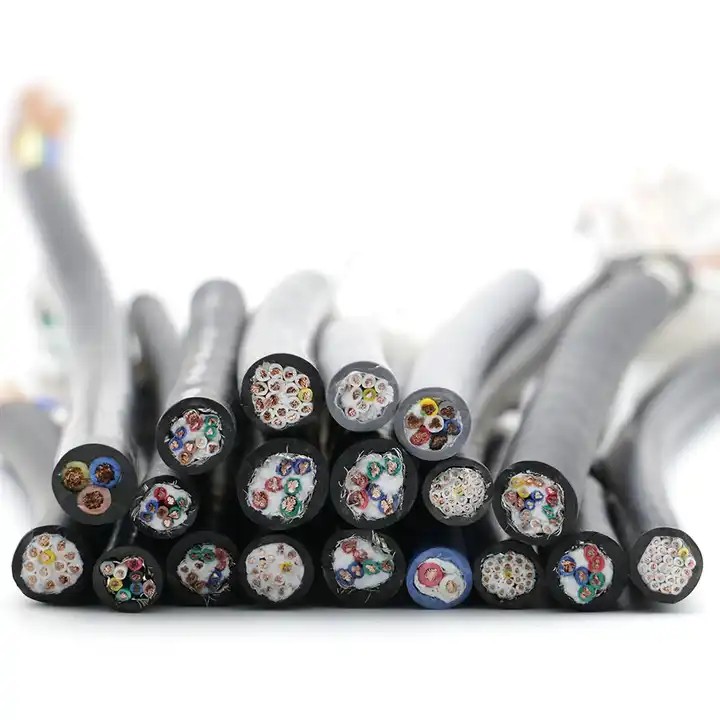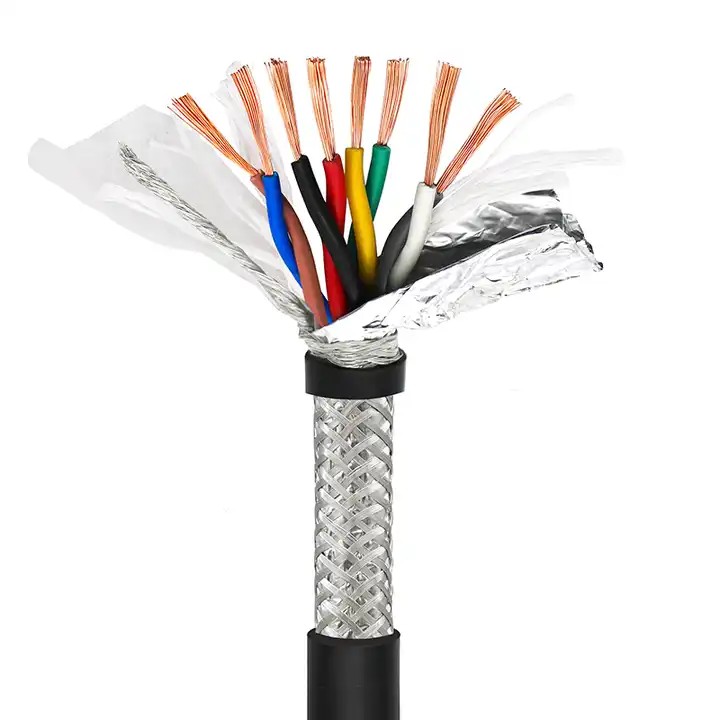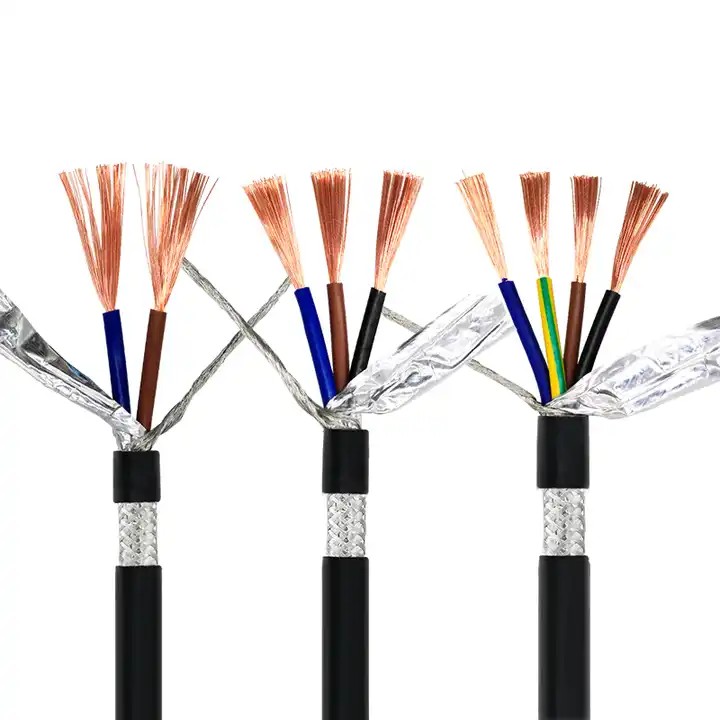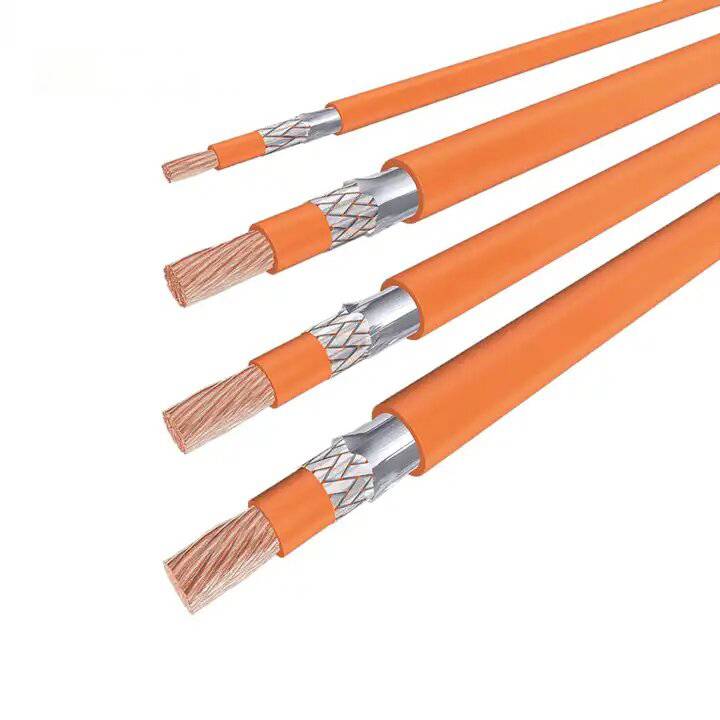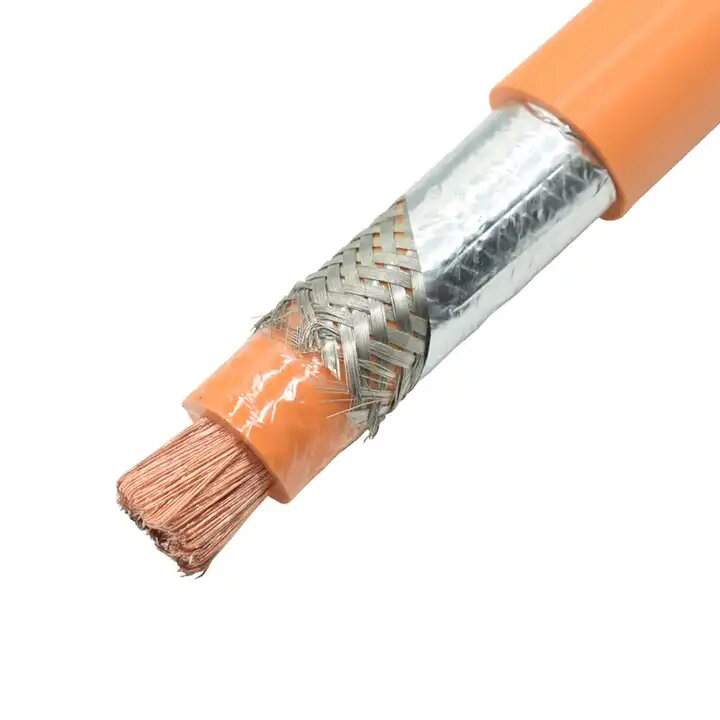Key Factors in Selecting an EV Charging Cable
Published:
2024-10-21 15:04:02
Discover the ideal EV charging cable for your electric vehicle. Explore portable EV charging cable options and high-quality electric vehicle charger cables for fast, efficient charging.
Choosing the right EV charging cable is crucial for maintaining efficient, safe, and convenient charging for your electric vehicle. With various options available on the market, it’s easy to get overwhelmed. In this guide, we’ll walk you through the key factors to consider when selecting the best charging cable, ensuring you make an informed decision that suits your needs.
1. Connector Type: Will the Cable Fit Your EV?
The first thing to verify is whether the cable is compatible with your electric vehicle. Different regions and car manufacturers use different types of connectors, so selecting the correct one is vital.
- Type 1 (J1772): This is common in North American EVs.
- Type 2 (Mennekes): Widely used across Europe and with many modern EV models.
- CHAdeMO and CCS: Fast-charging options often found in public charging stations.
Ensure the EV charging cableyou choose matches your vehicle’s connector to avoid compatibility issues.
2. Charging Speed: How Quickly Do You Need to Charge?
Charging speed is one of the most important aspects of choosing an EV charging cable. The speed is usually determined by the cable's amperage rating and the level of charging it supports.
- Level 1 Charging (120V): This is the slowest option, taking several hours to fully charge a vehicle. It’s typically suited for home use with minimal driving.
- Level 2 Charging (240V): Faster than Level 1, this option is perfect for those who need to charge their vehicle more quickly, often completing a charge in 4-6 hours.
- DC Fast Charging: If you have access to fast-charging stations, this option can charge your EV in under an hour. However, it’s not commonly used for home charging.
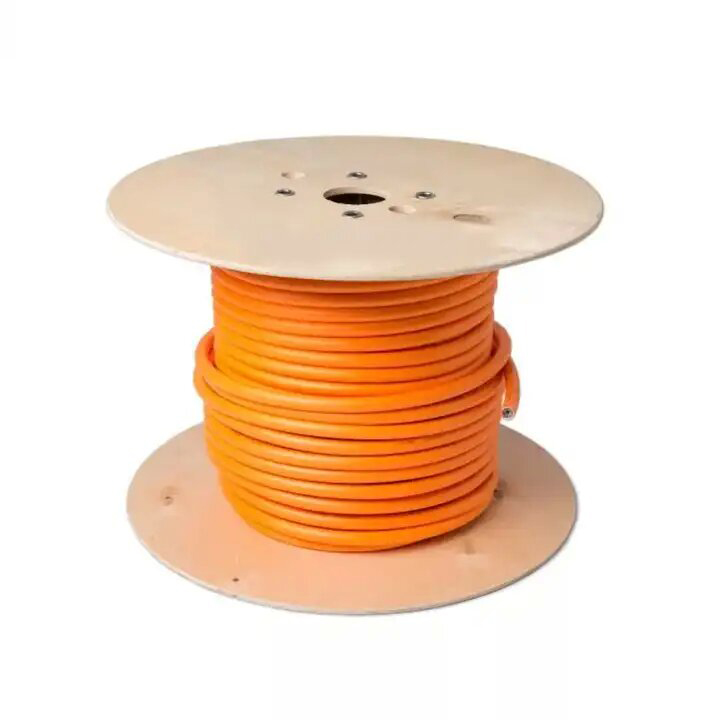
3. Cable Length: How Much Flexibility Do You Need?
Cable length may seem like a minor detail, but it can drastically impact your convenience.
- Shorter Cables (10-15 feet): Ideal if your charging station is close to your parking spot, ensuring fewer tangles and easier management.
- Longer Cables (20-25 feet): Useful for situations where your charging point is farther from your vehicle, giving you more flexibility in where you park.
Choose a cable length based on where you typically charge your EV to avoid stretching or tangling issues.
4. Durability: Can the Cable Withstand the Elements?
Since many EV charging setups are located outdoors, the durability of the cable is a significant factor. Look for cables that are designed to endure various weather conditions, such as extreme heat, cold, and rain.
- Weatherproofing: Ensure the cable has a high IP (Ingress Protection) rating, indicating its resistance to water and dust.
- Material: Opt for high-quality materials like thermoplastic elastomer (TPE), which can handle the rigors of daily outdoor use without wearing down.
Durability is key to ensuring that your cable lasts a long time, especially if you live in an area with harsh weather conditions.
5. Portability: Do You Need a Mobile Charging Solution?
If you frequently travel or need to charge at various locations, having a portable EV charging cable can be a game-changer. Look for cables that are lightweight and come with a storage bag or reel for easy transportation.A portable EV charging cable can provide you with the flexibility to charge your vehicle whenever and wherever you need, without relying on public charging stations.
6. Safety Features: Can You Charge Without Worry?
Safety is a major concern when working with electricity, so choosing a charging cable with built-in safety features is essential. Some critical features to look for include:
- Overload Protection: Prevents the cable from drawing too much current, protecting both your vehicle and home electrical system.
- Temperature Monitoring: Shuts off charging if the cable overheats, reducing the risk of fire or damage.
- Ground Fault Detection: Automatically disconnects power in the event of a fault to prevent electric shock.
Investing in a safety-certified EV charging cable ensures that you can charge your vehicle with peace of mind.
7. Cost vs. Quality: How Much Should You Spend?
While budget is an important consideration, it’s crucial not to skimp on quality when purchasing an EV charging cable. Cheaper cables may not have the same durability or safety features as higher-end models. It’s worth investing in a reliable, long-lasting cable to avoid having to replace it frequently or risk damage to your vehicle
When selecting an EV charging cable, you need to consider compatibility, charging speed, cable length, durability, portability, safety features, and cost. A well-chosen cable can improve the convenience, efficiency, and safety of charging your electric vehicle. Make sure to pick a cable that meets your specific needs and provides the best value for your investment.


